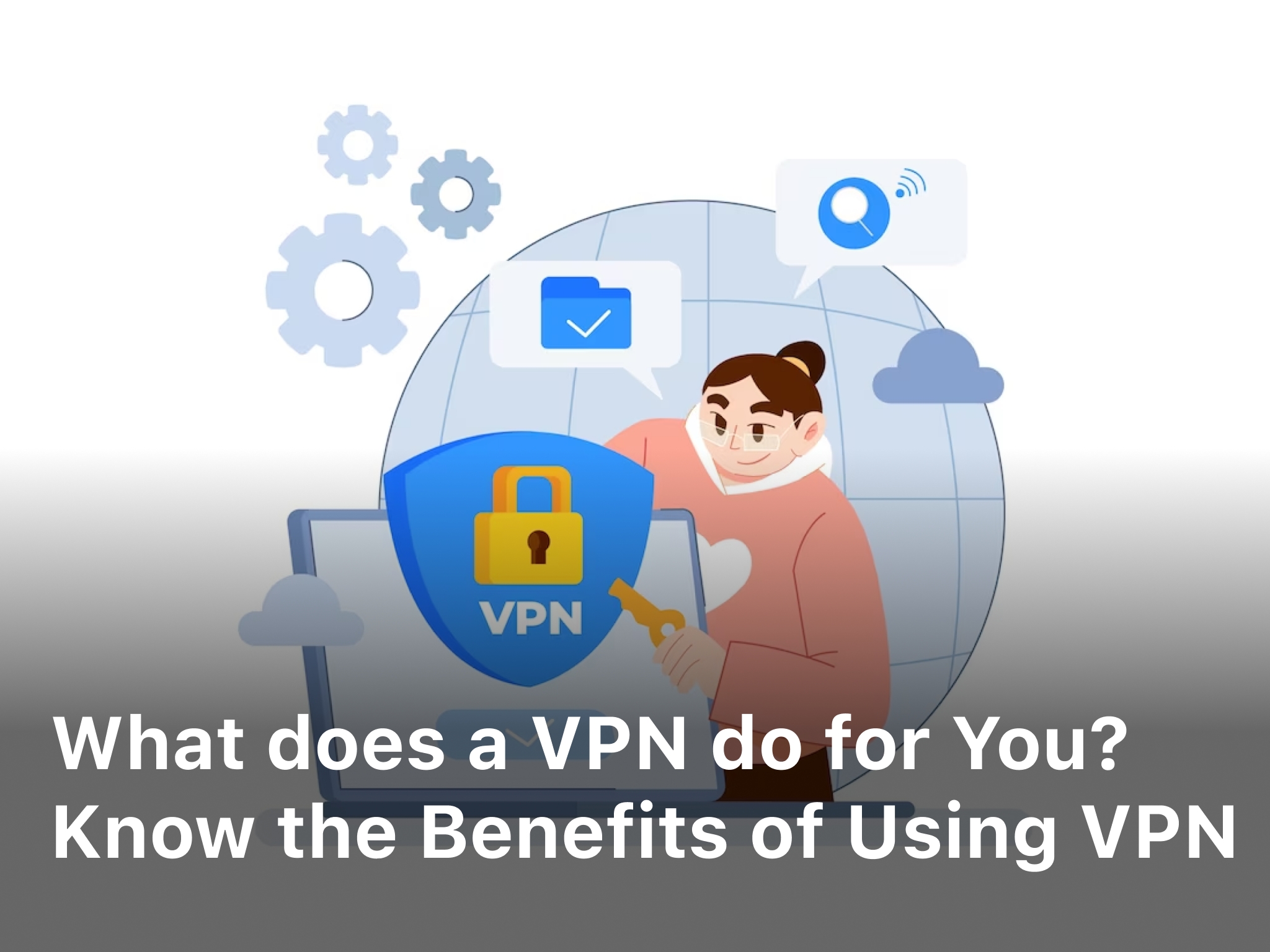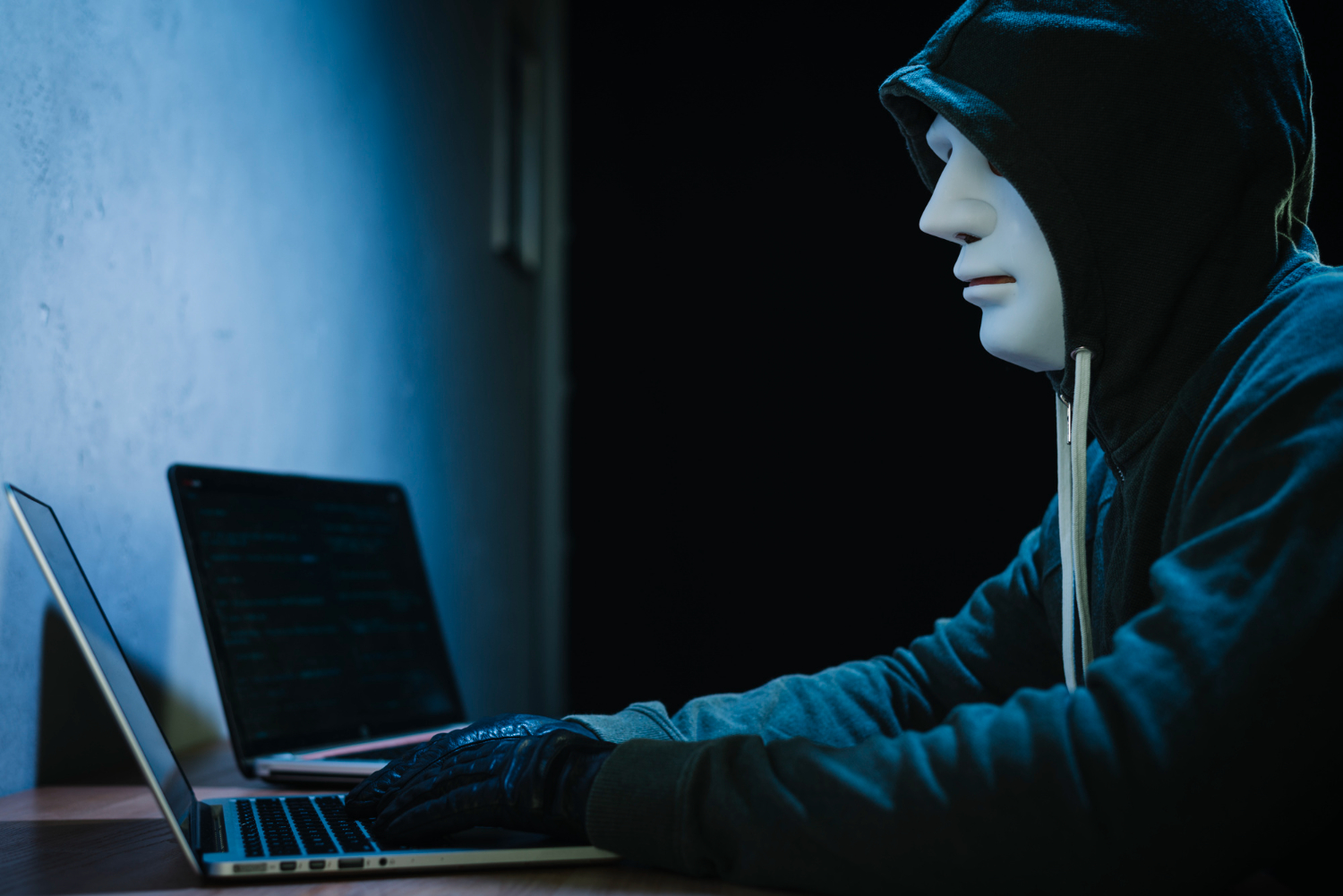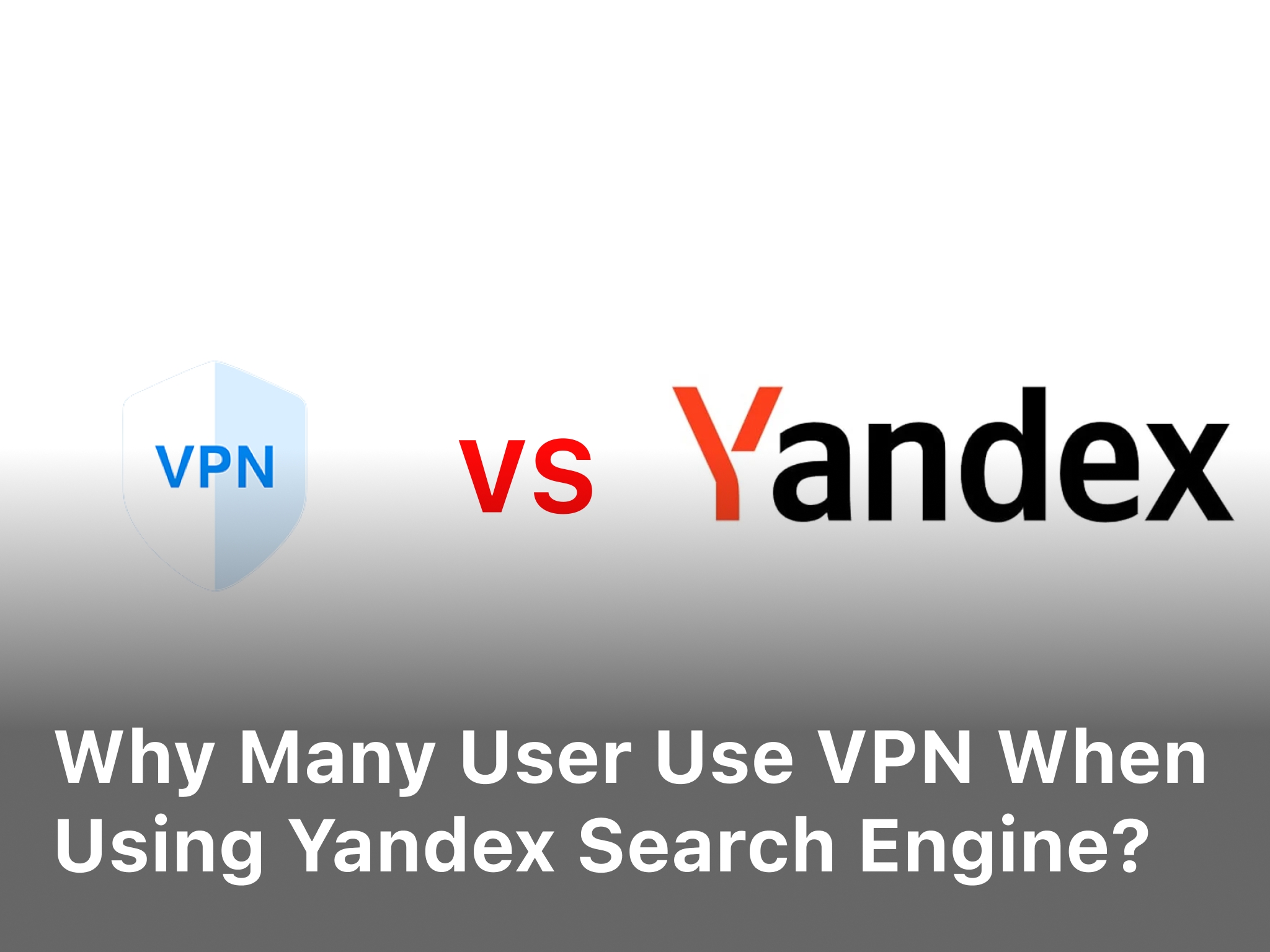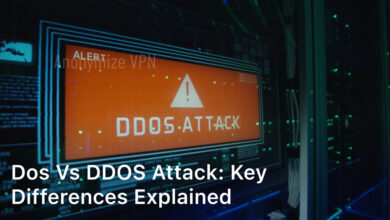
The Pros and Cons of VPN Usage: Are There Downsides?
anonymizevpn.com – The Pros and Cons of VPN Usage: Are There Downsides?. Explore the pros and cons of VPN (Virtual Private Network) services in this comprehensive article. Discover how VPNs can enhance your online privacy and security, while also considering the potential drawbacks. Learn more about the benefits and limitations of using a VPN to make an informed decision about protecting your digital presence.
In today’s digital age, ensuring online privacy and security has become increasingly important. With the rise of cyber threats and surveillance, individuals are seeking reliable solutions to protect their sensitive information.
One such solution is a Virtual Private Network (VPN). In this article, we will delve into the pros and cons of a VPN services, examining their benefits and limitations. By understanding both sides of the equation, you can make an informed decision about whether a VPN is the right choice for you.
Pros and Cons of VPN
Here’s a quick overview of the pros and cons of a VPN.
Pros of VPN
Enhanced Privacy Protection
With a VPN, your online activities are encrypted and routed through a secure server, making it difficult for anyone to intercept or track your internet traffic. This enhanced privacy protection is especially crucial when using public Wi-Fi networks or accessing sensitive information.
Secure Data Transmission
When you connect to a VPN, your data is encrypted, adding an extra layer of security to your online communication. Whether you’re sending personal emails, conducting online banking transactions, or accessing corporate networks remotely, a VPN ensures that your data remains confidential and protected from potential eavesdroppers.
Geo-Restriction Bypass
VPNs allow you to bypass geographic restrictions imposed by websites and streaming platforms. By connecting to a server located in a different country, you can access region-restricted content and enjoy a more open internet experience.
Anonymity and Identity Protection
By masking your IP address, a VPN provides a level of anonymity and identity protection. Your online activities are associated with the VPN server’s IP address rather than your own, making it harder for third parties to trace your digital footprint back to you.
Remote Access to Restricted Networks
If you need to access a private network or resources that are only available within a specific geographical location, a VPN can grant you remote access. This is particularly beneficial for individuals working remotely or traveling abroad.
Additional Layer of Security
In addition to encrypting your data, VPNs can also protect against certain types of online threats, such as malware, phishing attempts, and malicious websites. Some VPN services offer built-in security features, further enhancing your overall online safety.

Keep Reading : The Best Free VPN for YouTube in 2023
Cons of VPN
Reduced Internet Speed
When using a VPN, your internet connection may experience a slight decrease in speed. This is because your data needs to be encrypted and routed through an additional server before reaching its destination. While the impact on speed varies depending on the VPN service and server location, it’s important to consider this trade-off.
Cost
While some VPN services offer free plans, premium options often come with a subscription fee. The cost can be a deterrent for individuals who are on a tight budget. However, it’s essential to weigh the price against the added privacy and security benefits a VPN provides.
Compatibility Issues
Certain applications, particularly those that rely on your physical location, may not function properly when connected to a VPN. Streaming services, online gaming platforms, or banking apps may detect the use of a VPN and restrict access. It’s important to research VPN compatibility with specific services before making a decision.
Keep Reading : Ellon Will Sue Meta Because of Threads become a Popular App
Trust in VPN Providers
When using a VPN, you are entrusting your online security and privacy to the VPN service provider. It’s crucial to choose a reputable and trustworthy provider that has a strong track record of protecting user data and prioritizing user privacy. Thoroughly research and review the provider’s policies and security measures before selecting a VPN service.
Legal and Regulatory Considerations
While VPNs are legal in many countries, there are exceptions and specific regulations to be aware of. Some countries have restrictions on VPN usage, and certain activities conducted through a VPN may still be subject to legal scrutiny. It’s important to understand the legal implications and comply with local regulations when using a VPN.
Technical Complexity
Setting up and configuring a VPN may require some technical know-how. It involves selecting a suitable VPN provider, installing the necessary software or app, and configuring the settings correctly. While many VPN services offer user-friendly interfaces, individuals with limited technical skills may find the initial setup process challenging.
| Pros | Cons |
|---|---|
| Secures your data | Slows down your internet speed |
| Protects your online privacy | Cheap or free VPNs are slow, insecure and may collect your data |
| Masks your IP address | Premium VPNs cost money |
| Works as a handy protction tool for activists in hostile environments | VPNs do not protect you from data hoarding on social media |
| Prevents bandwidth throttling based on certain activities | Incompatible with certain devices |
| Protects you from DDoS attacks | VPNs are banned in certain countries |
| Protects you while working remotely | VPN does not protect you from voluntary data collection |
Keep Reading : What is Threads, The New Version of Twitter from Instagram
FAQs about VPN
Q: What is a VPN?
A VPN, or Virtual Private Network, is a service that allows users to establish a secure and encrypted connection to a remote network or the internet. It creates a private and protected pathway for your online activities, ensuring privacy and security.
Q: How does a VPN work?
A VPN works by encrypting your internet traffic and routing it through a server located in a different location. This masks your IP address and makes it difficult for others to track your online activities. The encrypted data is decrypted by the VPN server, which then forwards it to its intended destination.
Q: Are VPNs legal?
VPNs are legal in many countries, but it’s important to check the specific regulations in your jurisdiction. Some countries impose restrictions on VPN usage or have limitations on the activities that can be conducted through a VPN. Always ensure compliance with local laws when using a VPN.
Q: Can I use a VPN on my mobile device?
Yes, most VPN services offer apps that are compatible with mobile devices, including smartphones and tablets. These apps allow you to protect your privacy and secure your internet connection while using your mobile device.
Q: Are there free VPN services available?
Yes, there are free VPN services available, but they often come with limitations such as data caps, restricted server locations, or slower connection speeds. Premium VPN services usually offer more features and better performance, but they come with a subscription fee.
Q: Do I need a VPN if I have antivirus software?
While antivirus software helps protect your device from malware and other threats, it doesn’t provide the same level of privacy and security as a VPN. Antivirus software focuses on local protection, while a VPN secures your internet connection and encrypts your data, safeguarding your online activities.
Conclusion
In conclusion, VPNs offer numerous benefits when it comes to online privacy and security. They provide enhanced privacy protection, secure data transmission, and the ability to bypass geo-restrictions. However, it’s important to consider the potential drawbacks, such as reduced internet speed, compatibility issues, and the need to trust the VPN service provider. By weighing the pros and cons of VPN, you can make an informed decision about whether using a VPN aligns with your online privacy and security needs.
Remember to choose a reputable VPN service provider, understand the legal implications in your jurisdiction, and be mindful of the potential limitations and costs associated with using a VPN. With the right VPN service and proper usage, you can significantly enhance your online privacy and security.





